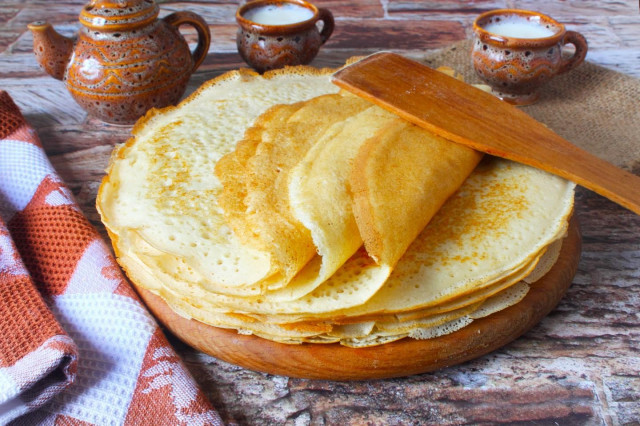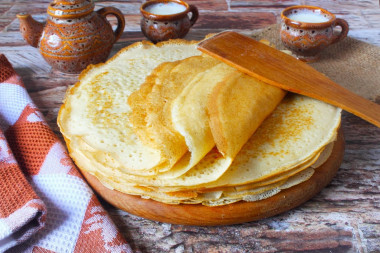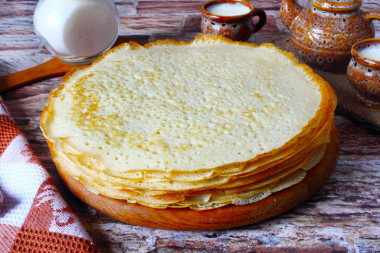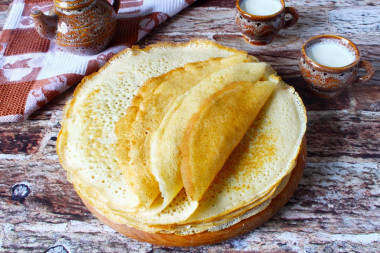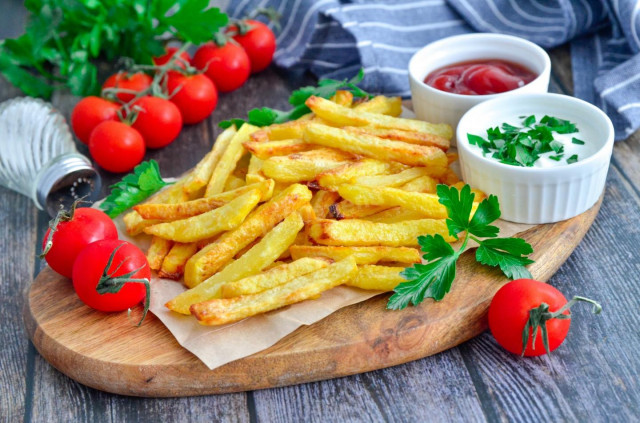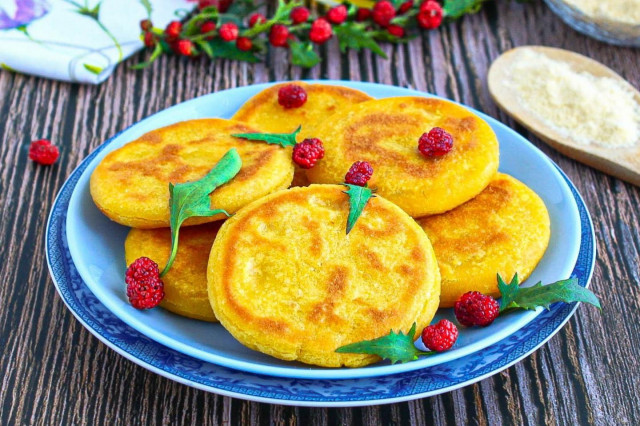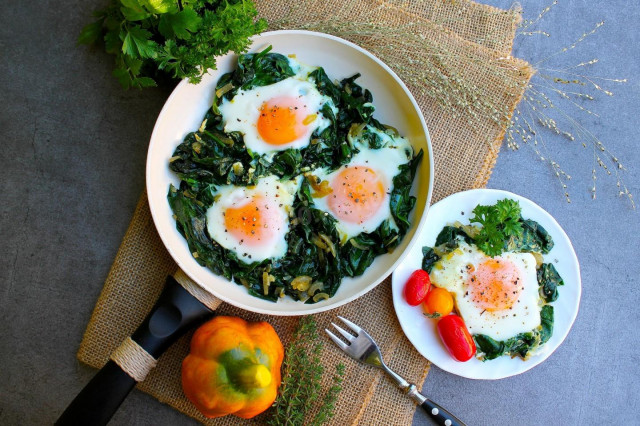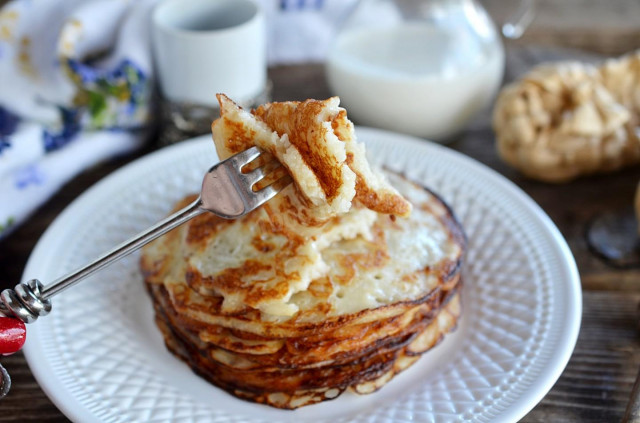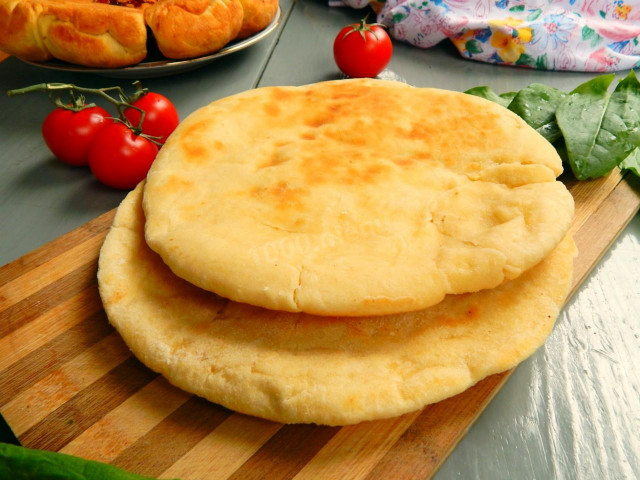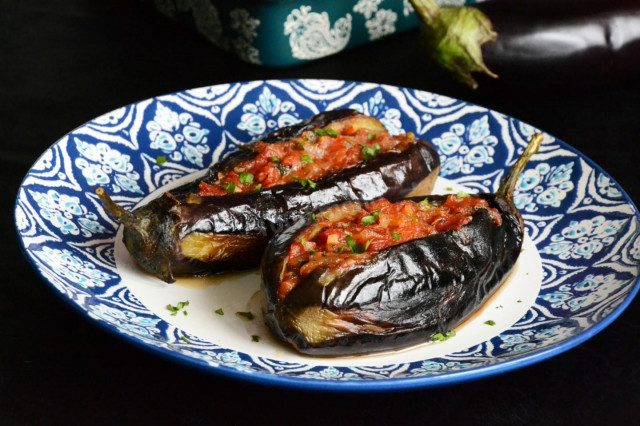Composition / ingredients
Step-by-step cooking
Step 1:
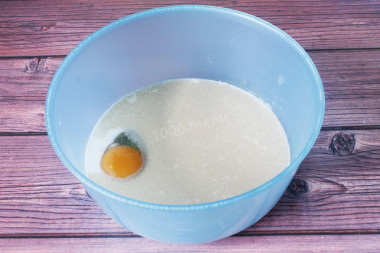
Heat the milk in a saucepan to a temperature of 40 degrees and pour 250 ml (half) into a deep bowl. We drive in an egg, pour in yeast, sugar and salt. The amount of sugar you can vary according to your taste. It is better to take homemade eggs. The milk should not be too greasy, so that the pancakes do not stick. If necessary, dilute it with hot water.
Step 2:
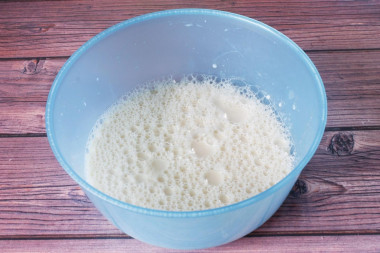
Whisk everything well with a whisk.
Step 3:
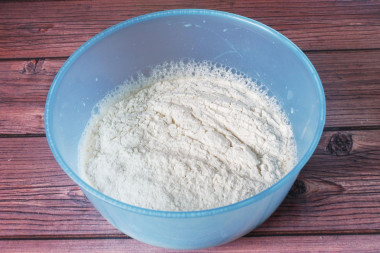
Pour in the sifted flour.
Step 4:
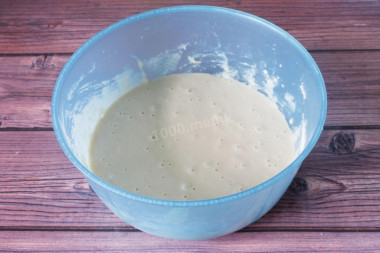
Mix the dough so that there are no lumps left. The mass turns out to be of such a consistency that lumps almost do not form. And all thanks to the fact that we poured in only half of the milk at first.
Step 5:
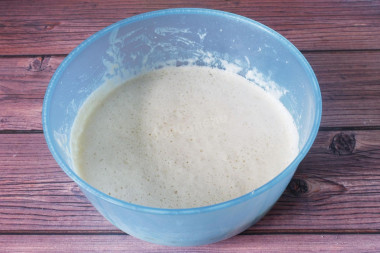
Pour in the rest of the milk (another 250 ml) and mix everything with a whisk or silicone spatula.
Step 6:
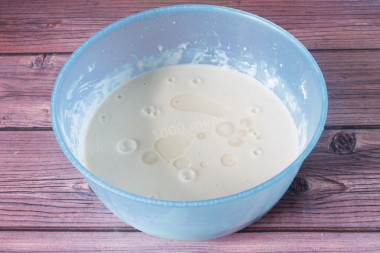
Pour in vegetable oil and mix lightly again. The finished dough turns out to be liquid, as usual for pancakes. Cover the bowl with a lid and let it come up in a warm place for 50-60 minutes. I had it for 1 hour.
Step 7:
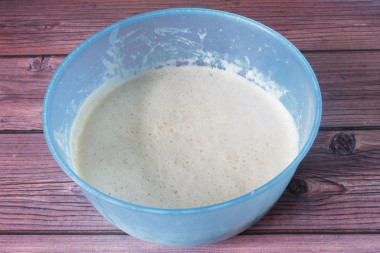
The dough that has come up should rise well and be covered with bubbles. Mix it and start frying pancakes.
Step 8:
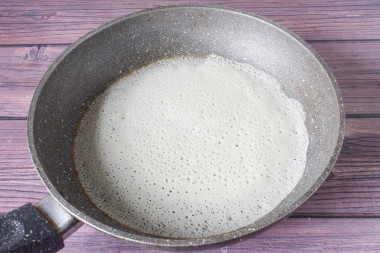
A frying pan with a thick bottom or a special pancake pan is strongly calcined with the addition of a tablespoon of vegetable oil. Pour a ladle of dough into the middle of the pan and twist it in all directions so that the dough spreads evenly over the bottom in a thin layer. If you like pancakes thicker, then pour a little more dough. Fry on one side over high heat until browning. Do not overdo the pancake in the pan so that the tips do not dry out.
Step 9:
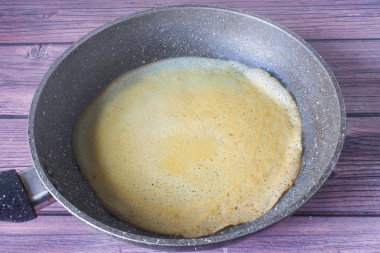
Turn the pancake to the other side and fry until ready - the second side is always fried faster. We use all the dough, but we don't pour any more oil into the pan. I have a frying pan with a diameter of 20 centimeters, 15 pancakes came out. But their number also depends on the thickness - I fried thin ones.
Such pancakes can be served with melted butter with added sugar or salt, as well as with sour cream, condensed milk, honey, jam, etc. And they are also delicious with any filling: red caviar, cottage cheese, meat, cottage cheese, etc.
Be prepared for the fact that flour may need more or less than indicated in the recipe. Focus not on the amount of flour, but on the desired consistency of the dough. To avoid mistakes, read about flour and its properties!
Important: how to properly replace dry yeast with pressed yeast, in which liquid it is better to breed, why you need to be able to distinguish active yeast from instant and other useful tips read in an article about yeast .
Any oils are useful only until a certain temperature is reached - the point of smoking, at which the oil begins to burn and toxic substances, including carcinogens, are formed in it. How to determine the roasting temperature and choose the best oil for frying, and which is better not to use at all, read here .
Caloric content of the products possible in the composition of the dish
- Whole cow's milk - 68 kcal/100g
- Milk 3.5% fat content - 64 kcal/100g
- Milk 3.2% fat content - 60 kcal/100g
- Milk 1.5% fat content - 47 kcal/100g
- Concentrated milk 7.5% fat content - 140 kcal/100g
- Milk 2.5% fat content - 54 kcal/100g
- Chicken egg - 157 kcal/100g
- Egg white - 45 kcal/100g
- Egg powder - 542 kcal/100g
- Egg yolk - 352 kcal/100g
- Ostrich egg - 118 kcal/100g
- Pressed yeast - 109 kcal/100g
- Whole durum wheat flour fortified - 333 kcal/100g
- Whole durum wheat flour, universal - 364 kcal/100g
- Flour krupchatka - 348 kcal/100g
- Flour - 325 kcal/100g
- Granulated sugar - 398 kcal/100g
- Sugar - 398 kcal/100g
- Vegetable oil - 873 kcal/100g
- Salt - 0 kcal/100g

